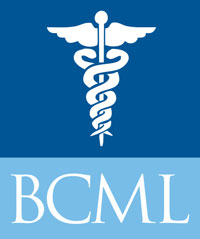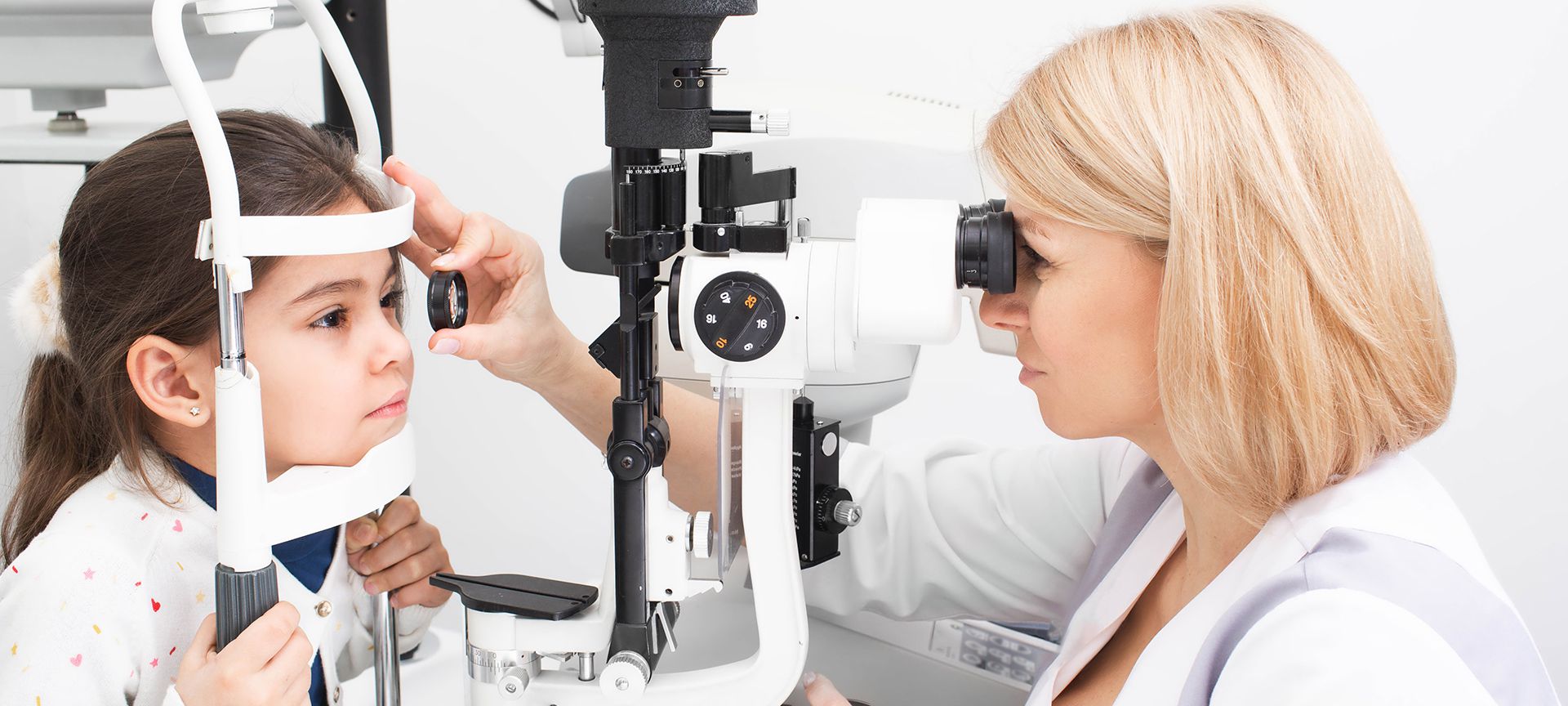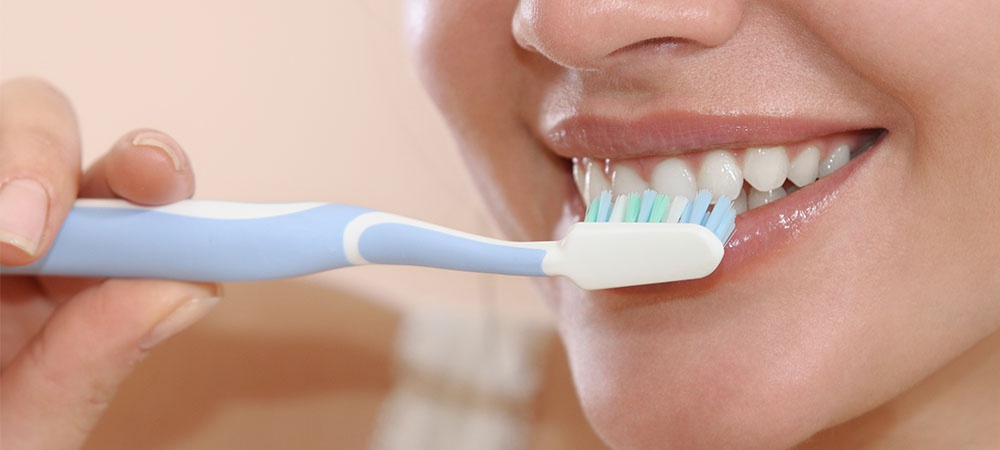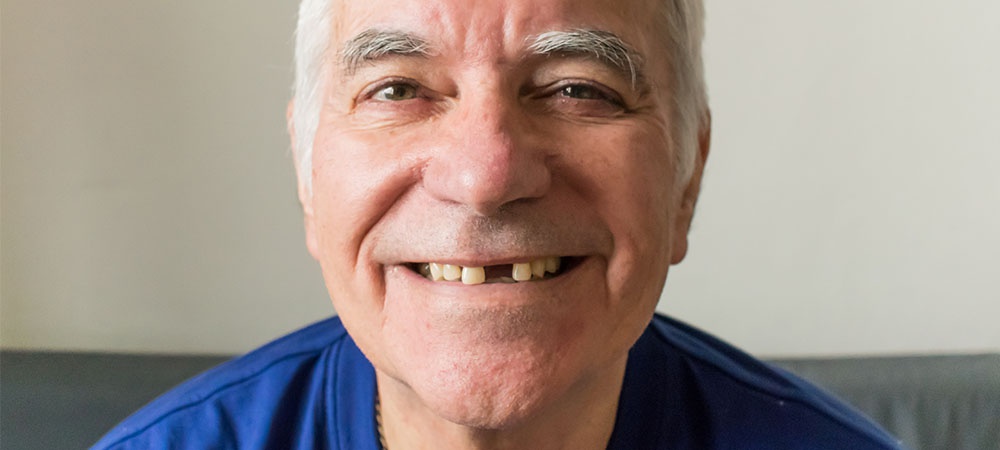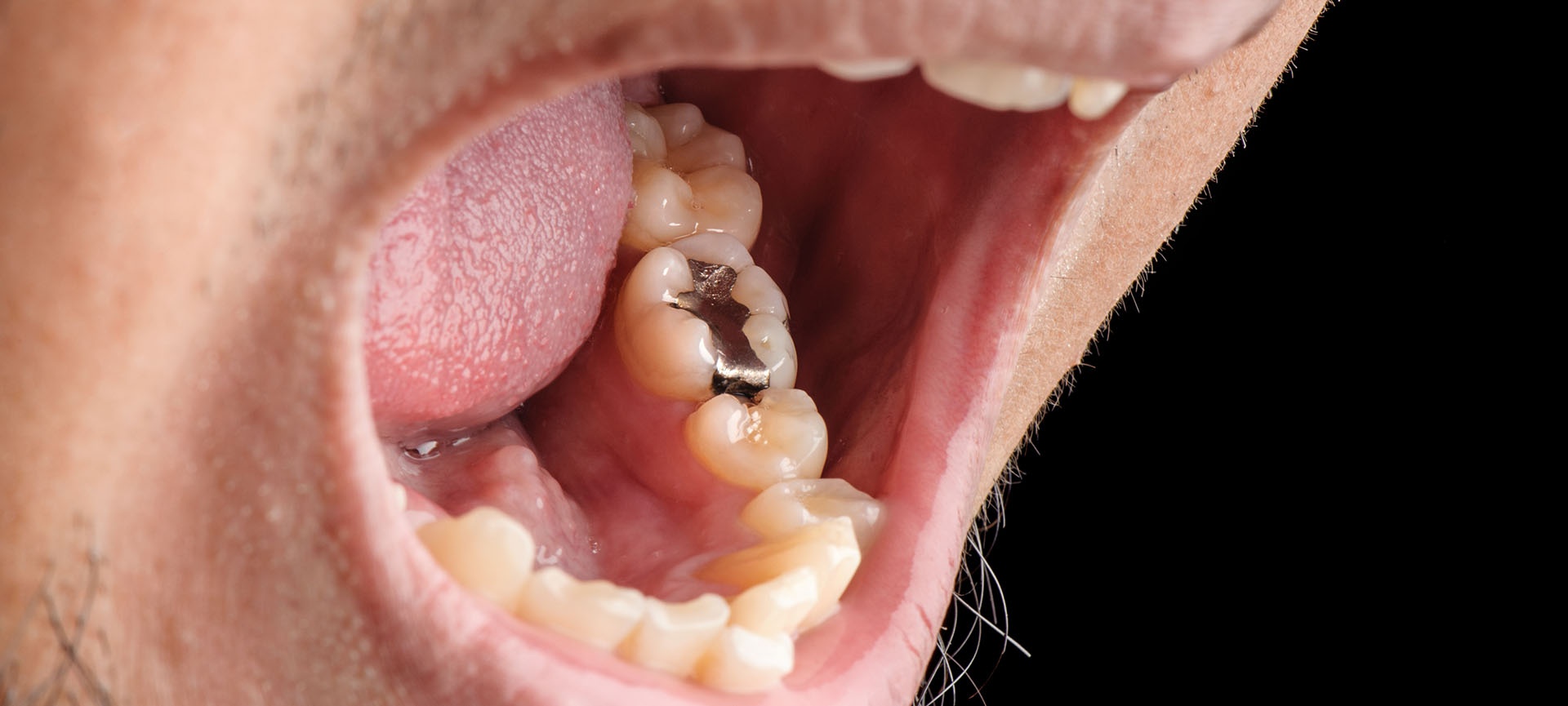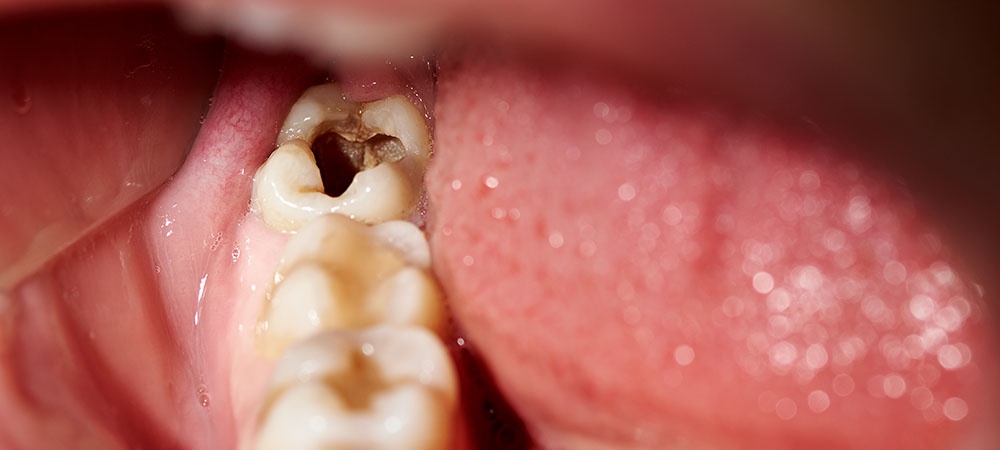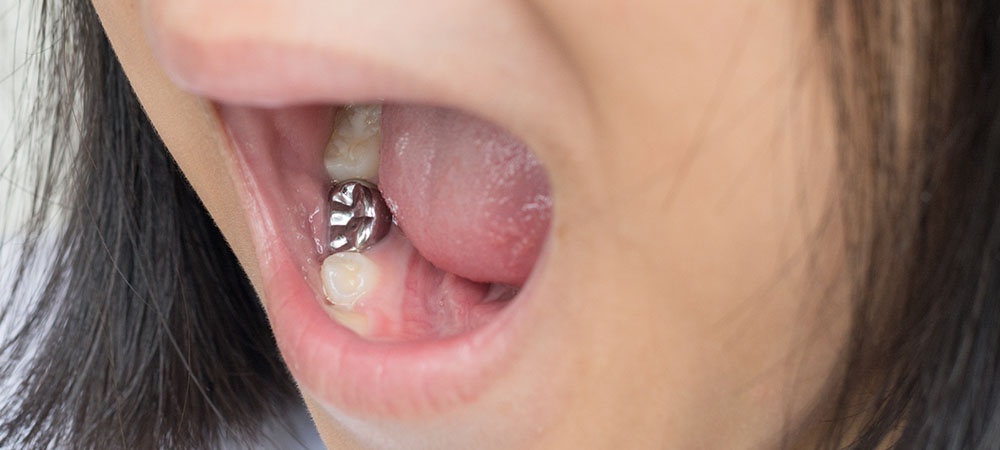As parents, we cherish every milestone our children achieve in their early years, from their first steps to their words. However, some crucial aspects of their development, such as their visual health, might often go unnoticed.
Visual impairment in children can significantly impact their overall development, hindering their ability to learn and engage in everyday activities. Early vision screening is a powerful tool that can detect eye problems in children and pave the way for timely intervention and treatment.
This blog will delve into the numerous benefits of early vision screening for your children. We’ll also explore how it can improve a child’s visual development.
Why Your Children Need Vision Screening
Vision problems can significantly impact your child’s learning and quality of life. That’s why taking your child for regular vision screenings is essential. You can help your child thrive academically and socially by detecting and treating vision issues early.
Here are some benefits of early vision screening for your children.
Identifying Eye Problems Early
Early vision screening is pivotal in identifying potential eye issues during a child’s formative years. Many vision problems may not manifest obvious symptoms, making it challenging for parents and educators to recognize them without specialized screening.
By detecting visual impairments early, parents and healthcare professionals can take the necessary steps to address these issues promptly. Also, it can prevent these problems from worsening over time.
Preventing Learning and Behavioral Problems
Children with undiagnosed vision problems often face learning difficulties and behavioural challenges in their academic and social lives. Struggling to see the chalkboard, read books, or interact with their peers can lead to frustration and a lack of interest in learning.
Early vision screening can help address these challenges. It ensures that children receive the corrective measures they need to excel in their educational journey and build strong social connections.
Maximizing Visual Potential
A child’s visual system undergoes significant development during their early years. We can optimize their visual potential by detecting and addressing visual impairments early. Timely intervention, such as prescription glasses or vision therapy, can aid in proper visual development and prevent long-term vision issues.
Correcting Refractive Errors
Refractive errors, such as nearsightedness, farsightedness, and astigmatism, are common vision problems in children. These issues can be challenging to recognize, especially in young children who might not be able to articulate their visual difficulties.
Early vision screening can accurately identify refractive errors, allowing optometrists to prescribe corrective glasses or contact lenses as needed. Providing children with clear and comfortable vision ensures they can fully engage in academic and extracurricular activities.
Addressing Amblyopia and Strabismus
Early vision screening can effectively detect conditions like amblyopia (lazy eye) and strabismus (crossed eyes). Treating these conditions at a young age is crucial when the brain is still highly adaptable.
If you don’t treat it early, amblyopia can lead to permanent vision impairment. Vision screenings can catch these conditions early, enabling timely treatment through techniques like patching or eye exercises. These eye exercises can help restore proper vision and prevent permanent visual loss.
Related Article: Your Eyes As A Window Into Your Whole-Body Health
Facilitating Early Intervention for Eye Diseases
Some eye diseases, such as congenital cataracts and glaucoma, can manifest in childhood. These conditions may lead to severe vision loss or other complications without early detection.
Regular vision screening allows eye care professionals to promptly spot signs of potential eye diseases. Early intervention and treatment can significantly improve the prognosis for these conditions, helping children maintain better visual function and quality of life.
Developing Strong Visual Skills
Visual skills are essential for daily activities, including reading, writing, and interacting with the environment. Early vision screening can help identify weaknesses in these skills, such as eye teaming, focusing, and tracking abilities.
When you detect them early, optometrists can prescribe vision therapy to strengthen these visual skills. Early vision screening for your children ensures they have a solid foundation for their academic and personal growth.
Reducing the Risk of Academic Struggles
Undiagnosed vision problems can lead to academic struggles and a lack of enthusiasm for learning. Children may not understand that their vision is compromised, so they might feel discouraged, assuming they can’t keep up with their peers.
By identifying and addressing vision issues through early screening, we empower children to perform academically and develop a positive attitude toward education.
Promoting Healthy Screen Use
In today’s digital age, children spend significant amounts of time on screens, from smartphones and tablets to computers and TVs. Prolonged screen use can strain the eyes and lead to digital eye strain or computer vision syndrome.
Early vision screening can help parents and caregivers better understand their child’s visual needs. It provides parents with recommendations for appropriate screen use and breaks to protect their eyes from unnecessary strain.
Supporting Overall Development
Clear vision is essential for a child’s overall development and growth. We enable children to explore and learn from their surroundings by ensuring that they can see the world.
Likewise, good vision is crucial for developing social skills, enabling children to observe and understand facial expressions. It also helps them to read body language and nonverbal cues during interactions with others.
Related Article: How Safe Is It To Rinse Your Eyes With Tap Water?
Secure a Clear Vision for Your Child
Early vision screening is an invaluable investment in a child’s future. Some benefits of early vision screening for your children involve promptly identifying and addressing visual impairments. It also prevents potential learning and behavioural problems.
Knowing how early vision screening can improve your child’s vision enables you to take proactive steps toward safeguarding their visual health. Remember that a clear vision can enhance your child’s quality of life.
At Lockwood Clinic, we are committed to providing children with comprehensive and advanced vision screenings. Our experienced optometrists use state-of-the-art technology to detect any potential issues early on. Contact us at 416-921-2121 to schedule a visit.
